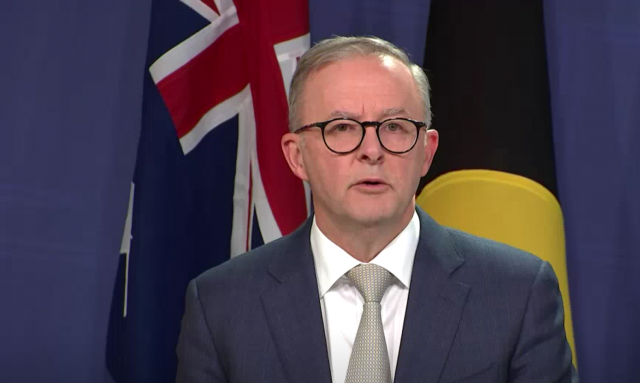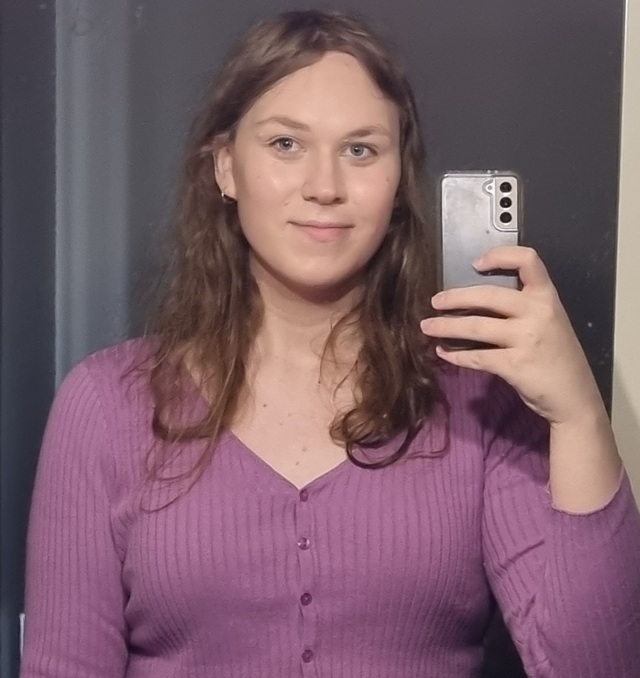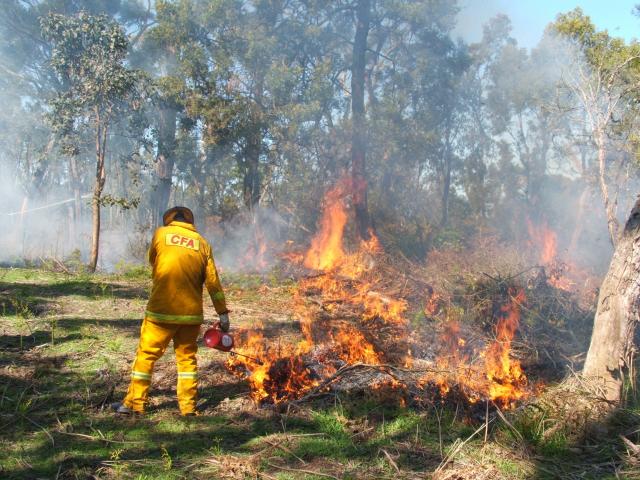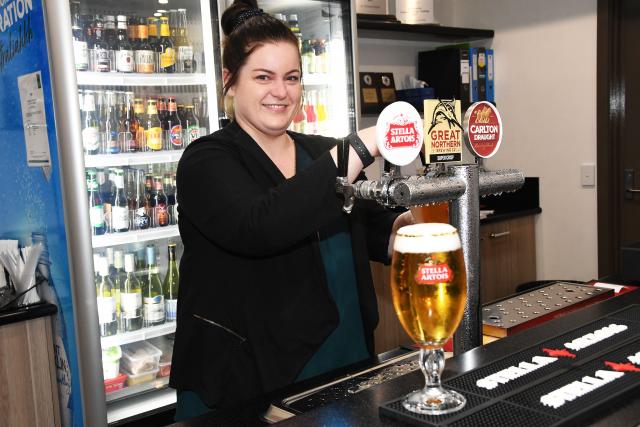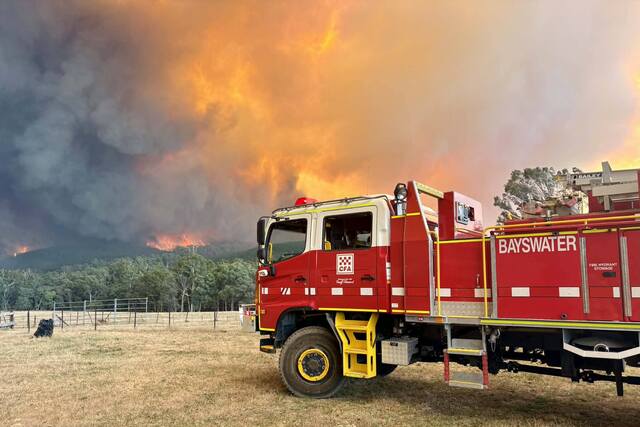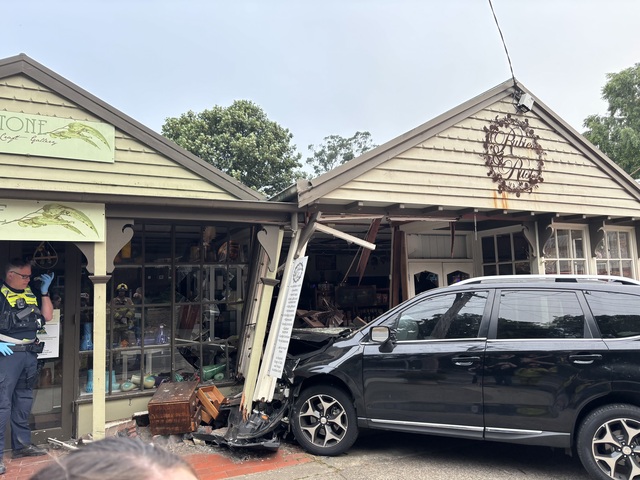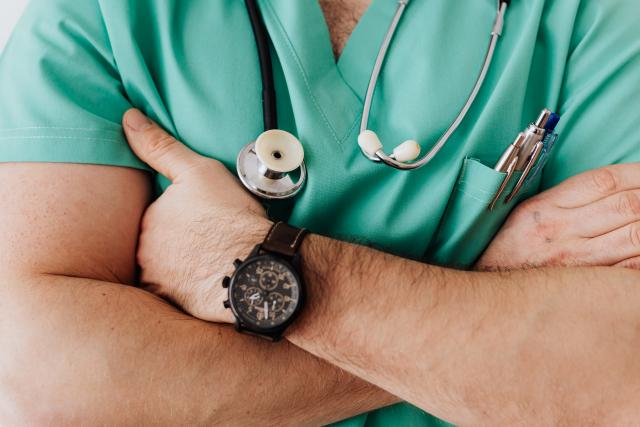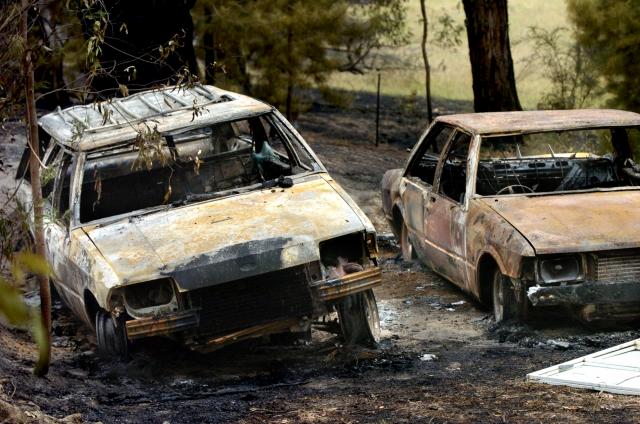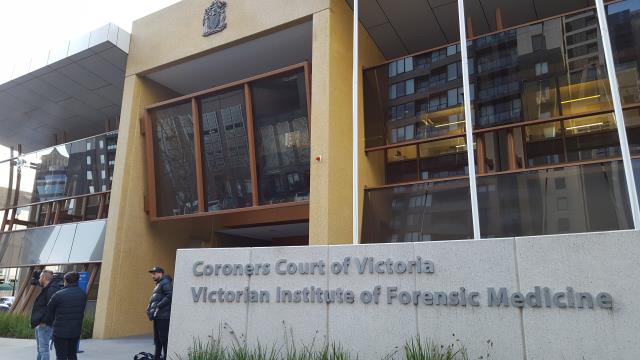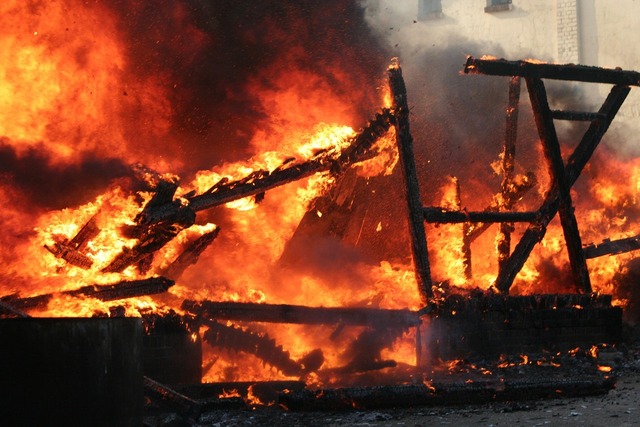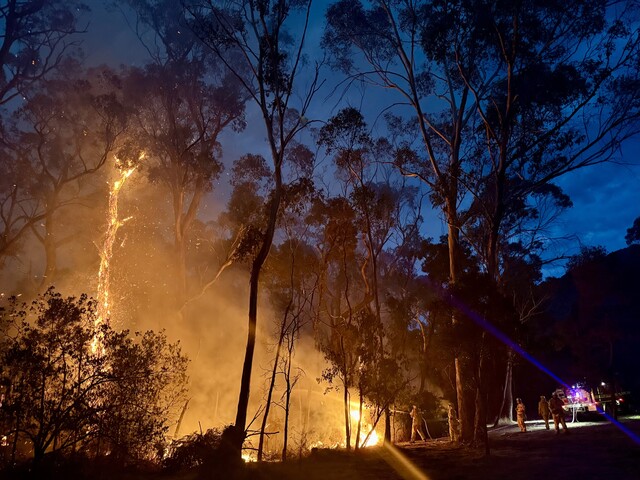Outside high-risk settings, a person infected with Covid-19 must now spend five days in isolation, reduced from the previous seven day-period.
The new rule will into effect on Friday 9 September.
Prime Minister Anthony Albanese announced the change would be made after a meeting of the National Cabinet on Wednesday 31 August and said it was agreed “on the weight of evidence, this was a proportionate response at this point in the pandemic.”
“This would apply to people with no symptoms. Clearly, if you have symptoms we want people to stay home. We want people to act responsibly,” he said.
“Seven days isolation will also remain for workers in high-risk settings, including aged care, disability care, home care.”
Alongside the changes to the isolation period, requirements to wear masks on planes will also end on Friday 9 September.
Mr Albanese said Covid is likely to be around for a considerable time and Australia needs to respond appropriately.
“Services Australia will provide advice in 48 hours, they’ll work through by the end of Friday to be able to update the advice on their website,” Mr Albanese said.
“We made a decision today about reducing the leave from seven to five, so that’s a change. We haven’t changed the arrangements with regard to payments, we will have a meeting about that in a couple of weeks’ time.”
The Paid Pandemic Leave Disaster Payment, which is in place until the end of September unless extended by the federal government, will reflect the change in the isolation period. It is currently a $750 payment for those who miss work and pay because they are required to isolate.
Mr Albanese said there would be further discussion about whether the payment would be extended and if the isolation period would be further reduced.
“We had a discussion about people looking after each other, people looking after their own health, people being responsible for that and making sure that they look after each other, that is what has been happening,” Mr Albanese said.
“There aren’t mandated requirements for the flu or for a range of other illnesses that people can suffer from and what we want to do is to make sure that government responds to the changed circumstance.”

